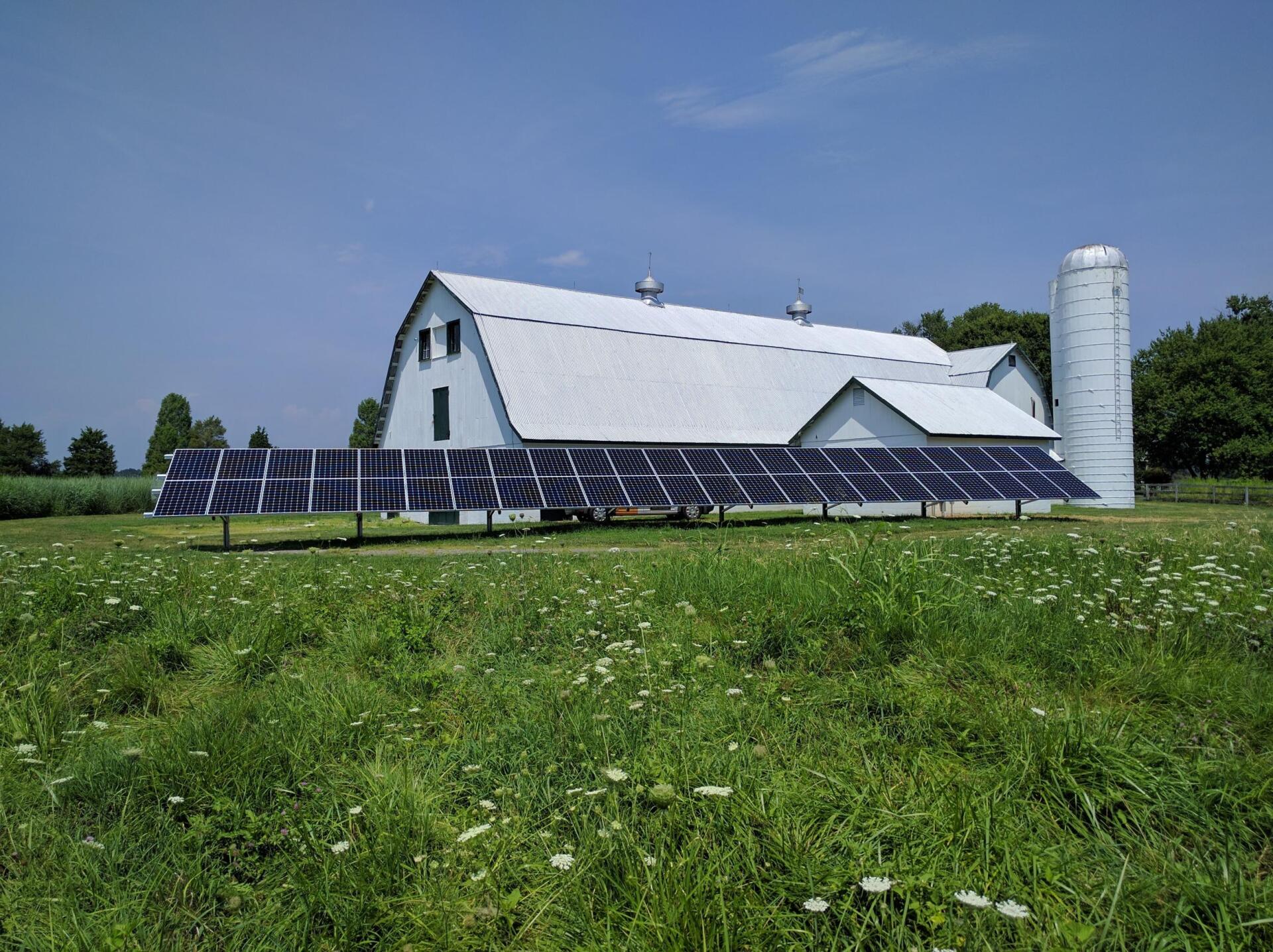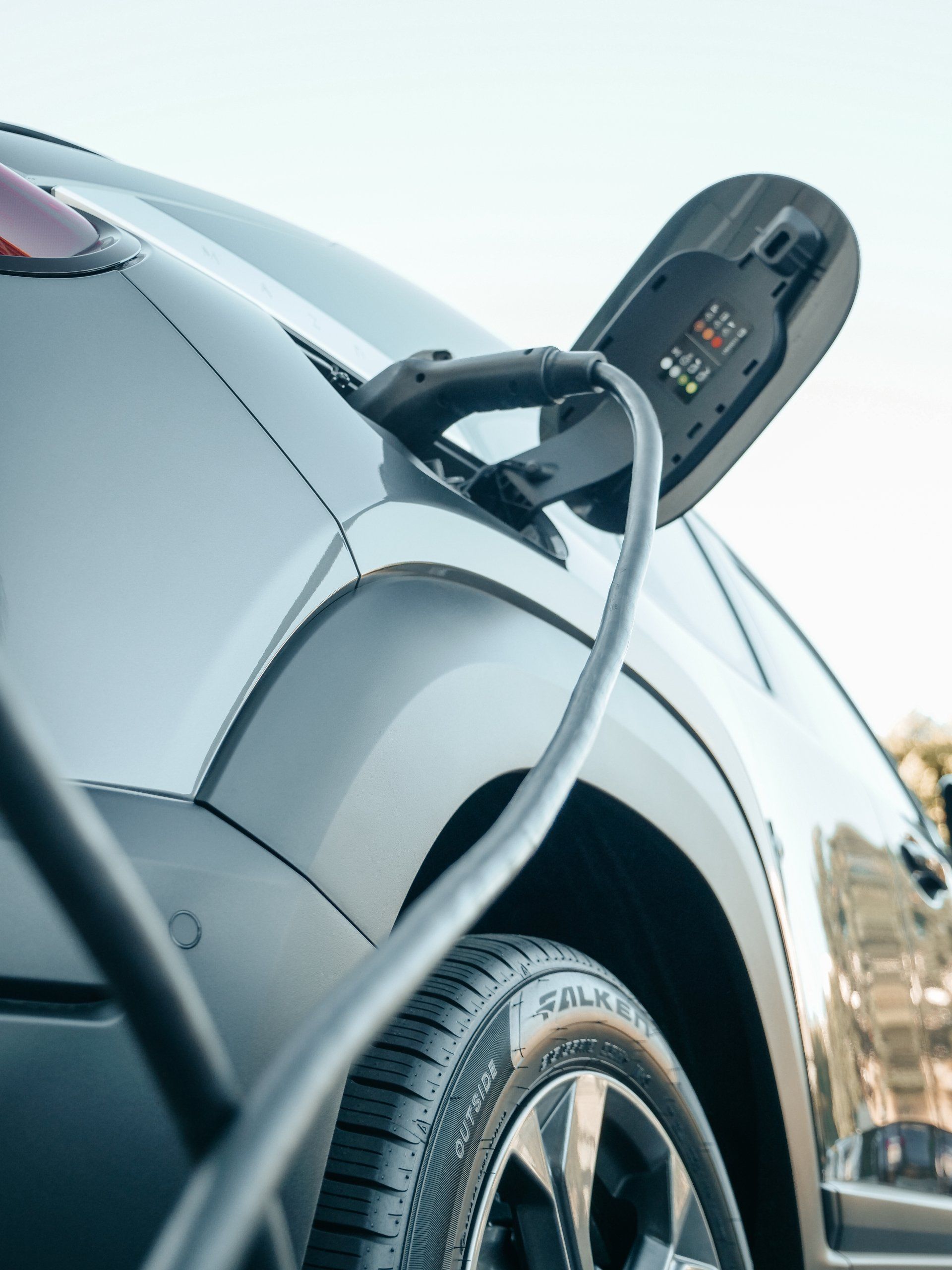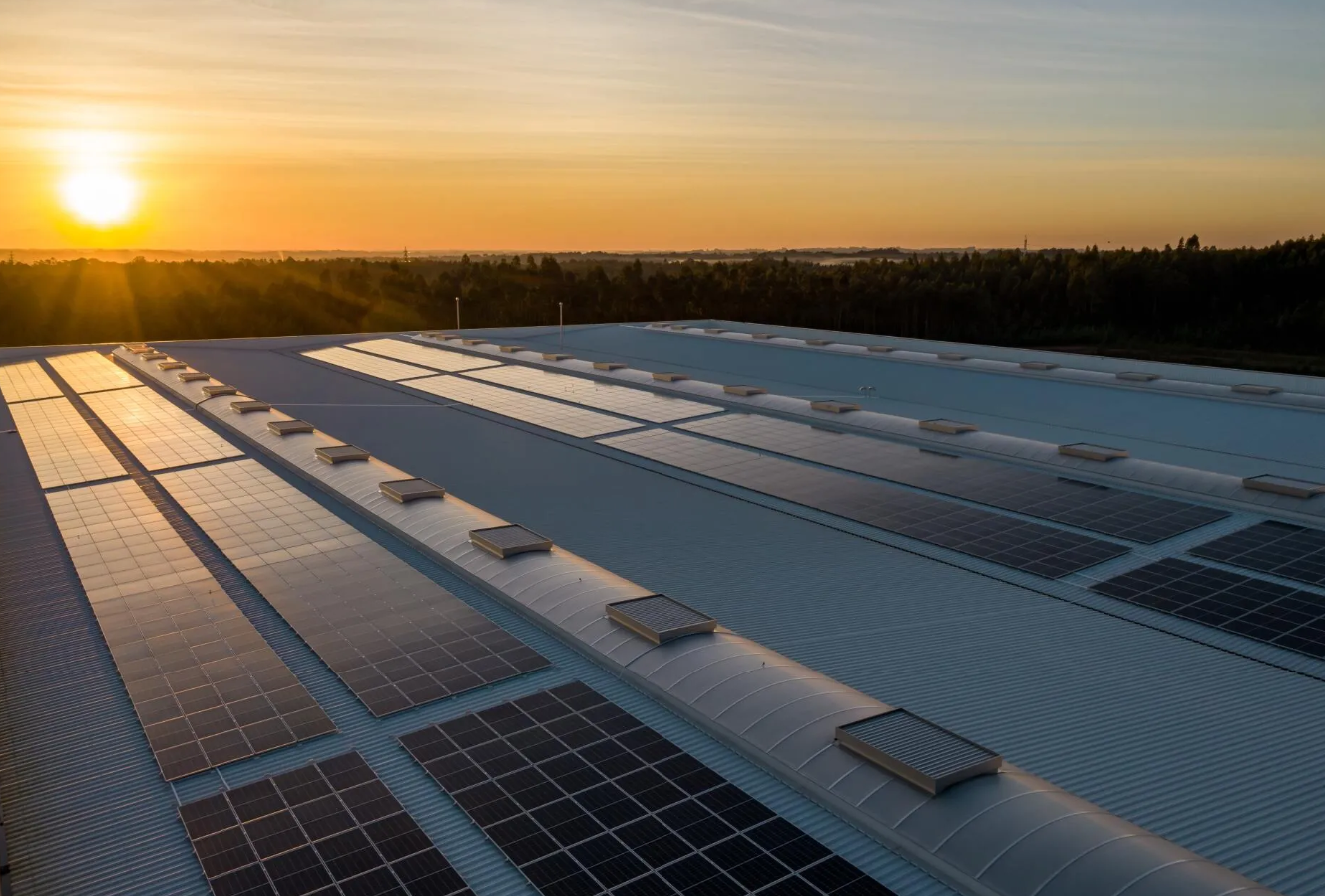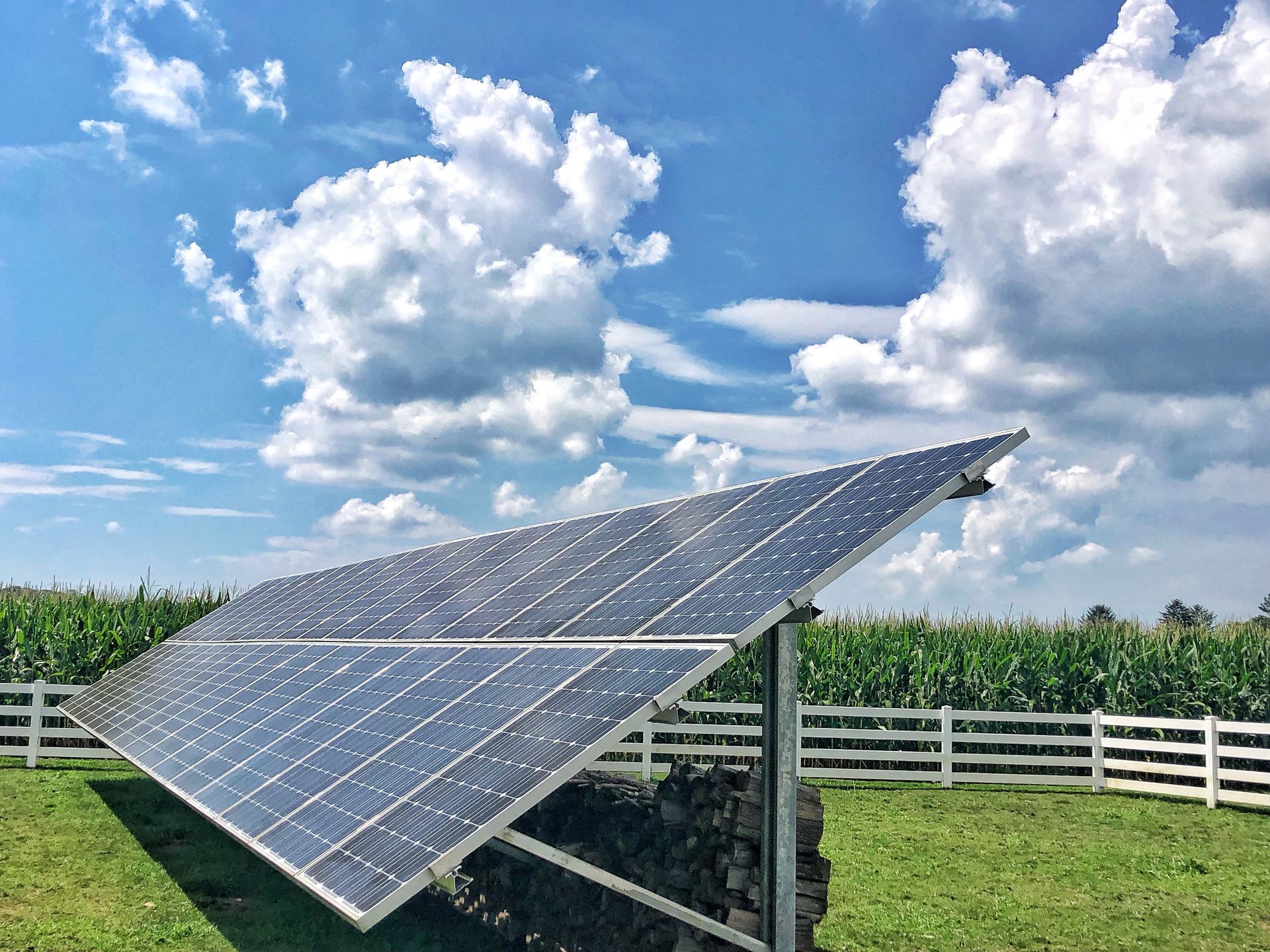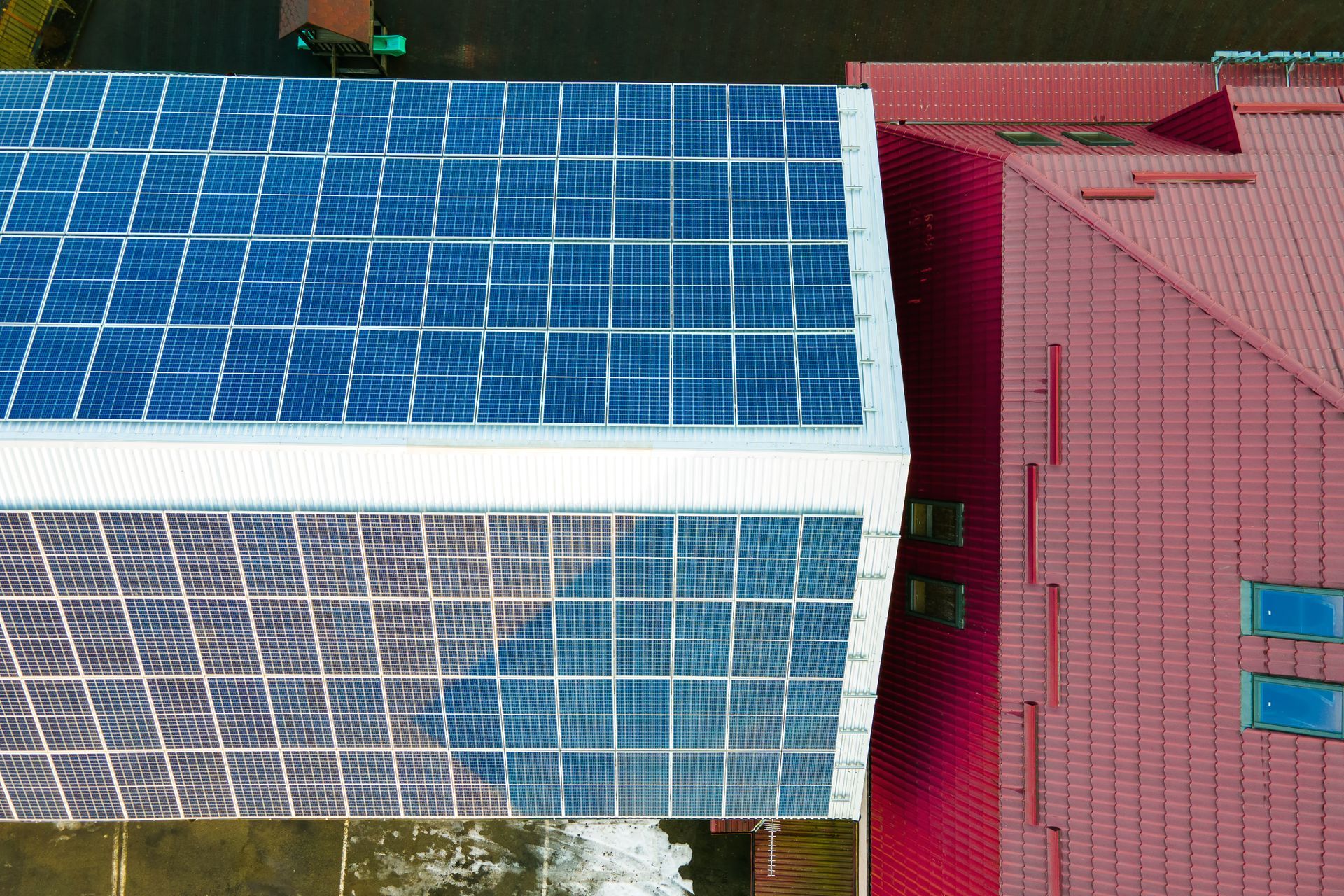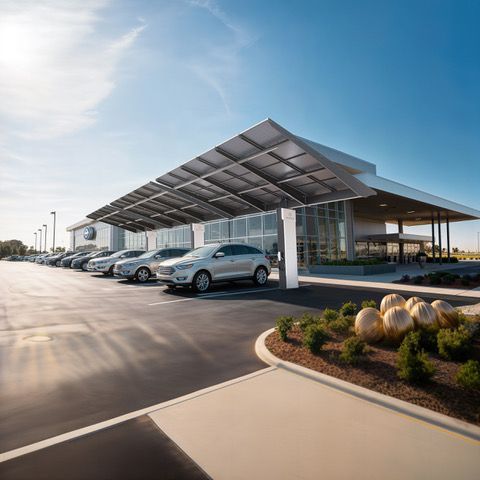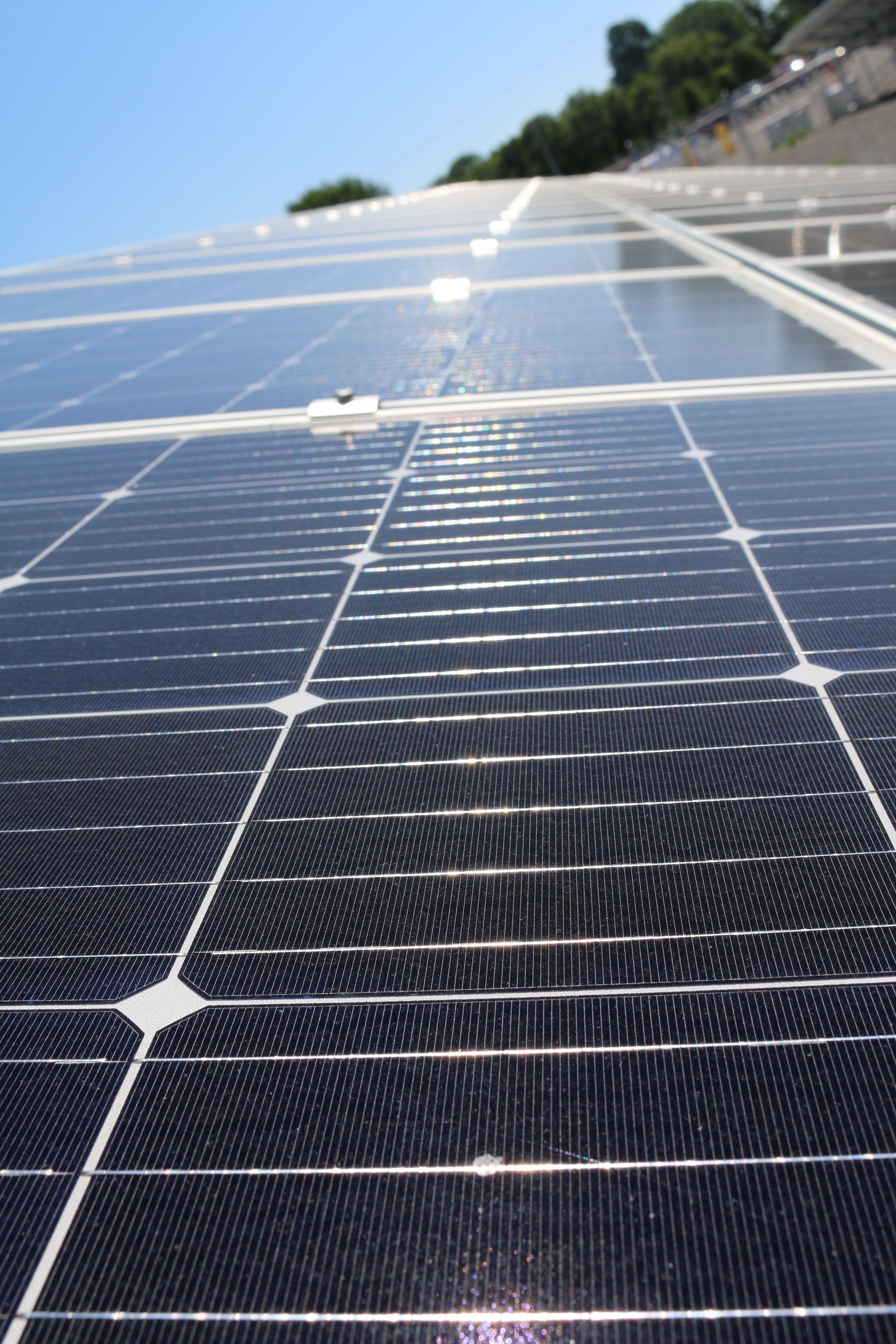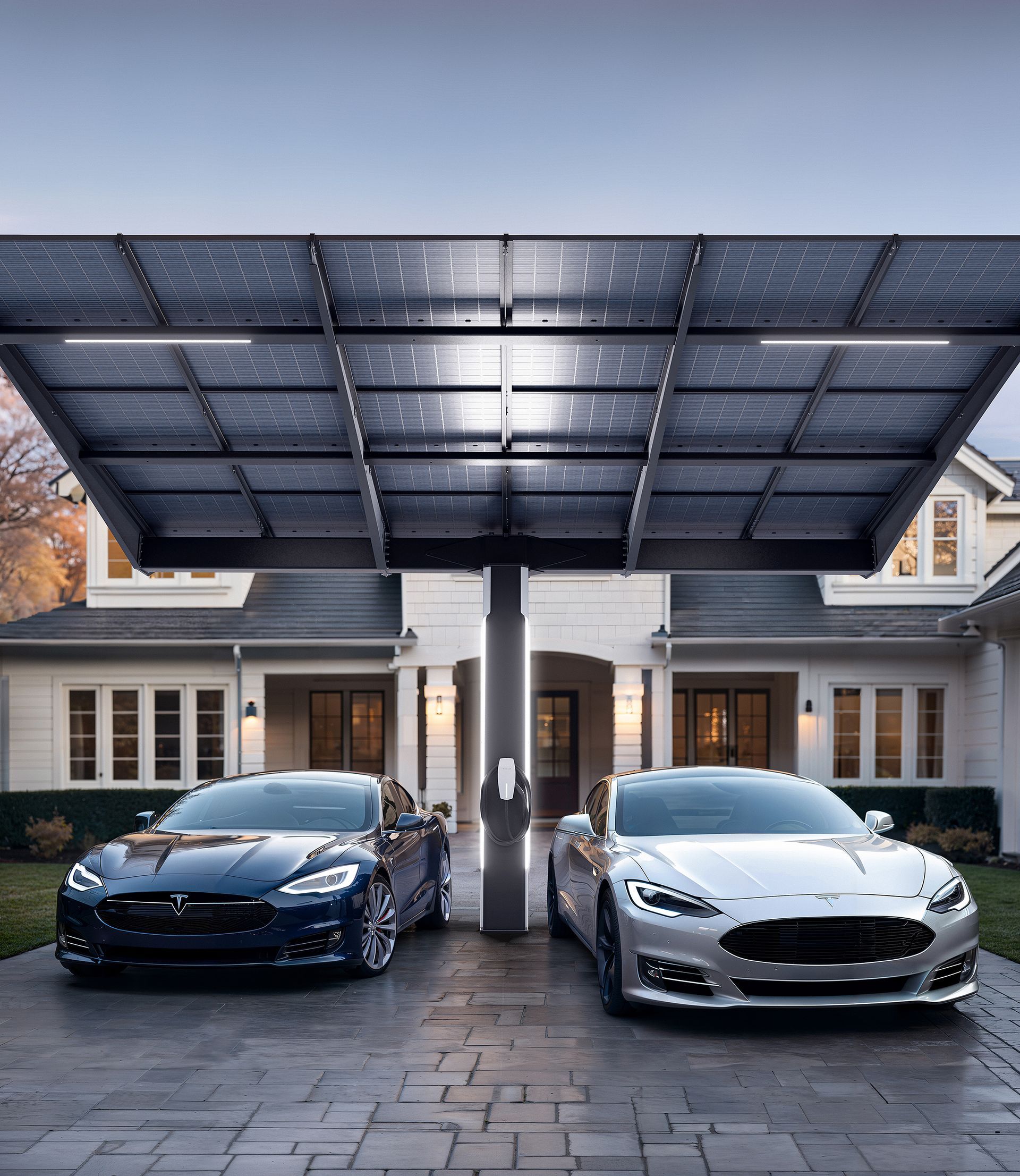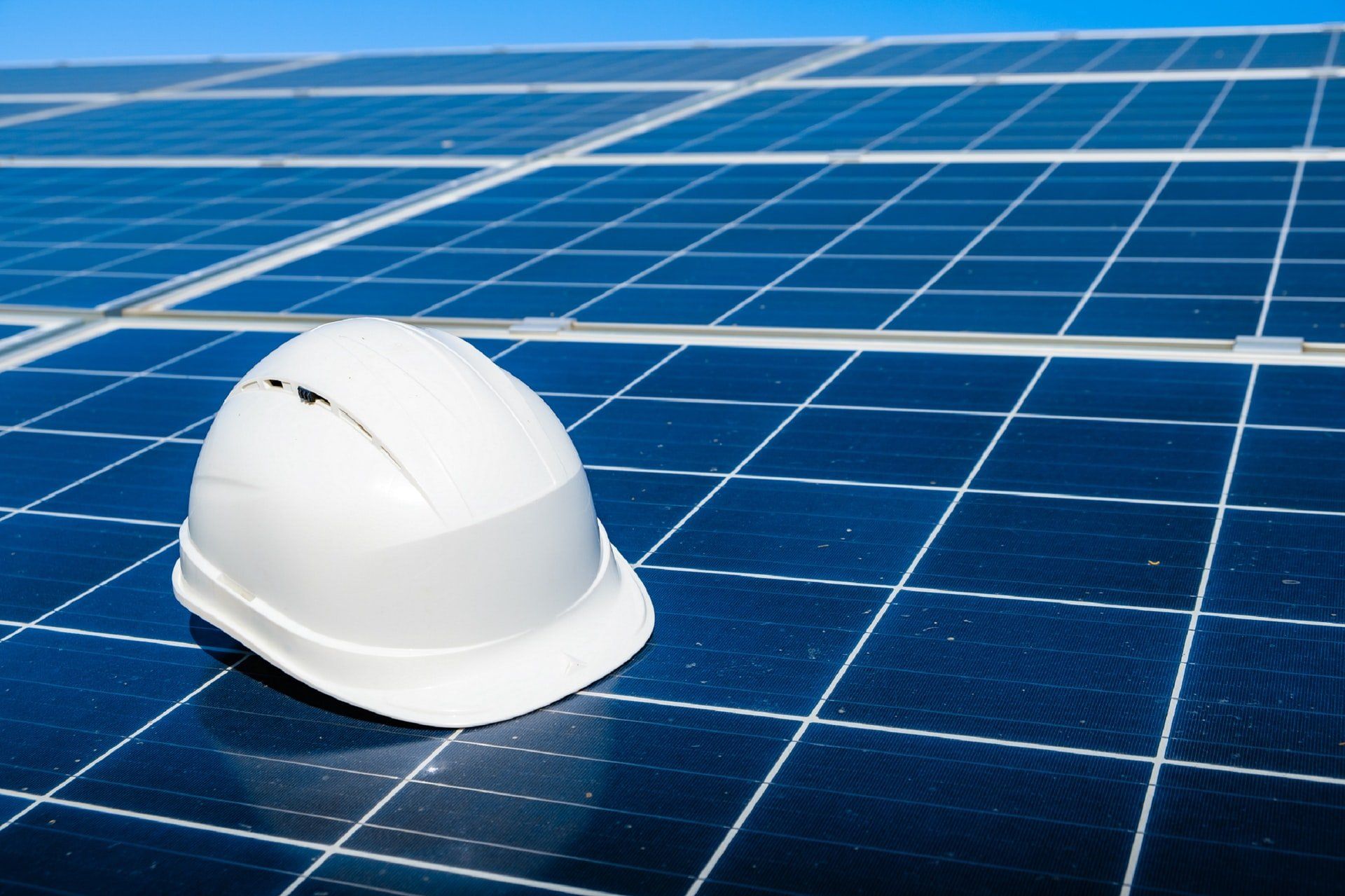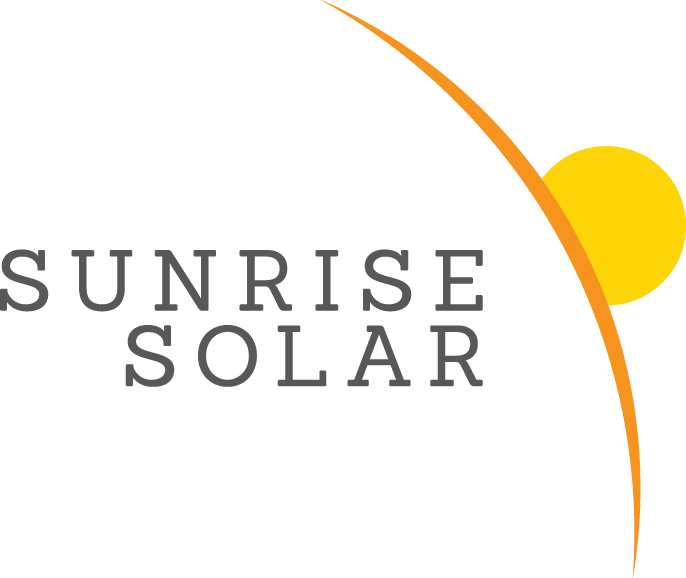A Quick Guide to Going Solar
If one of your New Year’s resolutions is to save money on your electricity bills and/or lead a more green life, you might consider switching to a renewable energy such as emission-free solar power.
According to the Solar Energy Industry Association, in the next two years the amount of solar power used in the United States is expected to double, with more than 16 states expected to have more than 100MW installed in 2016.
But smart consumers don’t just sign up with the first solar company to knock on their front door. Just as you’d do some research before buying a computer or a new car, you’ll want to do your homework before deciding which solar power system is right for your home or business.
Sunrise Solar has been a leading solar technology innovator, so we like to think we know a few things about harnessing the sun to power our world.
We’ve compiled a short guide to our most popular "How to Go Solar" content to help answer some of the most common questions we get asked about our solar panels.
What is Solar Energy?
Solar 101: How Do Solar Panels Work?
This post explains the amazing science behind solar energy, such as how photons from the sun are captured by silicon cells in a solar panel and converted into electricity. When photons hit a solar cell, they knock electrons loose from their atoms. If conductors are attached to the positive and negative sides of a cell, it forms an electrical circuit. When electrons flow through such a circuit, voila, you have electricity.
Cost of Going Solar
How Much Do Solar Panels Cost?
While we often get asked, "How much will a 3kw system cost," for example, it’s important to understand that you’re not just buying solar panels off a shelf. Sunrise Solar will actually custom design your very own solar power system. The cost of your solar power system depends on several factors, including how much sun your rooftop receives, how much power you use and the roof size. This article will help you determine the cost of going solar and how much money it could save you over time.
How Many Solar Panels Do I Need?
The cost of your solar system — and your question: Are solar panels worth it? — depends on the number of panels you need to generate enough electricity to serve your demand. This post explains in four steps how to answer this question. To calculate how many solar panels you need, you must determine how much energy your household uses; your roof’s usable surface area; the climate and peak sunlight in your area; the wattage and relative efficiency of the photovoltaic (PV) technology of your panels; and whether net metering is available. If this sounds daunting, don’t worry.
Contact
Kendrick Tice-Salestice@sunrisesolarmd.com
Direct: 410.810.1504
410-810-1504 (toll free)
dan@sunrisesolarmd.com
6408 Church Hill Rd
Chestertown, MD 21620
